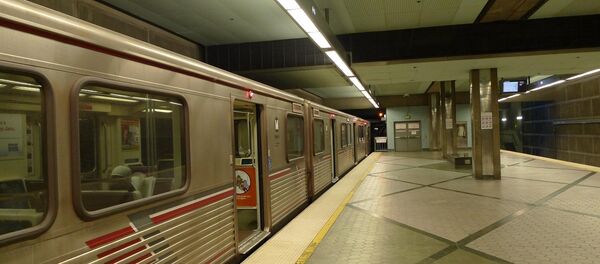The City Administrative Office proposed in a new report that the deficit was indicative of "a new trend of increased liability payouts," according to the LA Times, and suggested that a bond be used to raise the money and pay it back over a decade.
The move could cost Los Angeles millions of dollars in interest and fees, with one proposal being that the city pay on the $70 million bond with a $9 million annual principal.
"We’re going to be in the same boat next fiscal year…it’s every year," said councilman Mitchell Englander, who voted against the measure and argued that repeated lawsuits require the city to allocate funds more efficiently.
Ordinarily the city allots $60 million annually for its legal liability fund, but the number of lawsuits has spiked since the first of July 2016, when the fiscal year began.
The City Administrative Council sent the City Council financial reports warning of high costs incurred by lawsuits, according to Miguel Santana, a City Administrative Officer. "Ideally we would have budgeted more," he said.
In August the city agreed to pay $20 million a year on a $200 million settlement with disability rights groups Communities Actively Living Independent and Free, Fair Housing Council of San Fernando Valley, and The Independent Living Center of Southern California, for an accessible housing suit leveled in 2012.
There’s also $8 million in settlements to be paid to the family of three different unarmed men who were shot and killed by Los Angeles police. These are the highest payouts for police killings the city has seen in ten years.
In April 2015 officials agreed to pay a $1.2-billion settlement over the next 30 years as part of suit to address a decades-old problem of broken sidewalks.
"It's sad to think that the only thing that has caused any movement in 40 years is a lawsuit.… But of course I'm glad they're doing it," said UCLA urban planning professor Donald Shoup, adding that even with the settlement, "It would take decades to fix our sidewalks."
Some have questioned the wisdom of the proposal, given the high rates of interest. Jay Handal, who co-chairs the the Los Angeles Neighborhood Council Budget Advocates said, "What this [proposal] tells you is that we have an upper management who quite honestly isn’t addressing the systemic problems we have in our budget."
The reserve fund currently stands at some $295 million, not a lot to cover the city’s 4 million residents.




